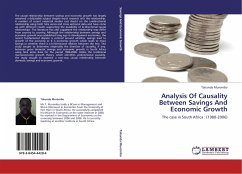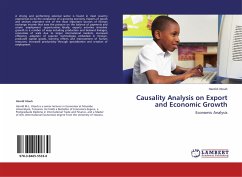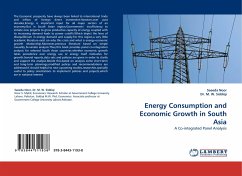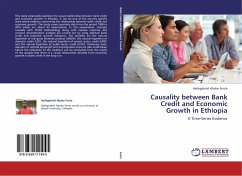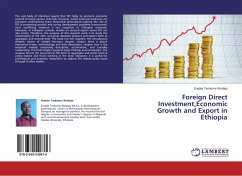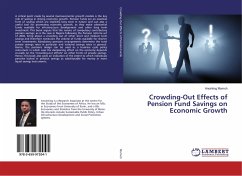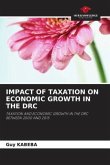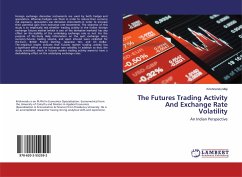The causal relationship between savings and economic growth has largely remained a debatable subject despite much research into this relationship. A number of recent empirical studies cast doubt on the unidirectional relationship using both time series and cross sectional data and have come up with different results supporting the possibility of bi-directional causal relationships. The literature has also suggested the relationship may differ from country to country. Although the relationship between savings and economic growth was established long ago in development economics, the recent fundamental dispute is centred around whether savings lead to growth of the economy or it is economic growth which leads to more savings or whether there is a bi-directional relation between the two. This study sought to determine empirically the direction of causality, if any, between gross domestic savings and economic growth in South Africa using time series data for the period 1980-2006. Unlike the traditional macroeconomic growth theory, which identifies unidirectional causality, the study sought to examine a two-way causal relationship between domestic savings and economic growth..
Bitte wählen Sie Ihr Anliegen aus.
Rechnungen
Retourenschein anfordern
Bestellstatus
Storno

